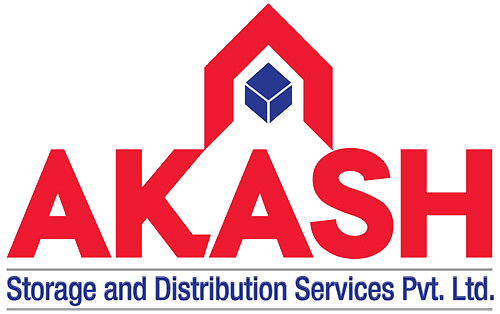Maharashtra’s Logistics Industry and the Impact of GST
The Maharashtra government is all set to release a comprehensive logistics policy in a bid to develop the state as a logistics hub and promote port led development. The government hopes that the goods and services tax (GST) regime will come handy in boosting the logistics sector considering state’s strategic and geographic location. Currently, manufacture logistics and construction collectively contribute 35% to the state gross domestic product and the government hopes to increase that share till 2022.
Chief Minister Devendra Fadnavis, in an investor meeting, noted that due to Nagpur’s central location and the GST, it can now become a gateway for goods in the state. He also mentioned that with the Mumbai-Nagpur Super Communication Expressway and 22 cargo processing centers. 70% cargo distribution from the Jawaharlal Nehru Port can expand to 24 districts beyond Mumbai, Thane, and Pune.
Sushil Jiwarajka, president, Infrastructure & Logistics Federation of India, said logistics will become a crucial factor in the growth of economy with the onset of GST. In Maharashtra, Nagpur’s central location makes it a potential logistics hub for nationwide distribution by major companies. Also, the Mumbai-Nagpur Super Communication Expressway will create a key linkage for goods from the hinterland to the ports on the west coast. He, however, suggested that the policy should provide fiscal incentives including tax holidays and allotment of land at reasonable rates.
K V Mahiddhar, head of CII Institute of Logistics, said states are preparing policies to incentivise logistics sector. ”States are also focusing on further strengthening transport infrastructure and connectivity, develop warehousing and cold chains to improve overall logistics. Under the GST regime, the investors, especially from the logistics sector, will make investments based on business requirements,” he said.


